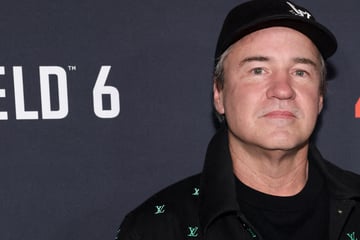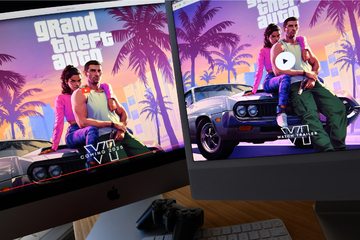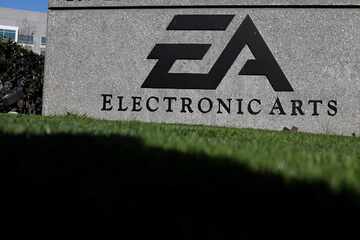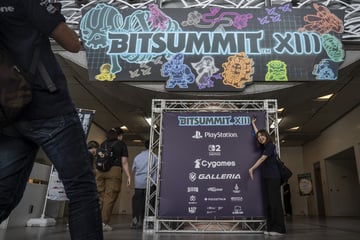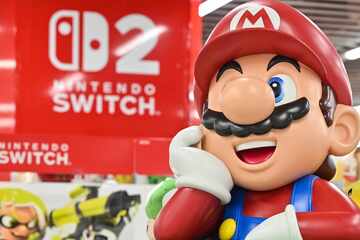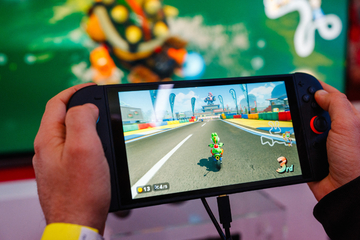Starfield proves gamers got duped by some misleading hype
While Starfield is a fun game in its own right, and certainly worth trying out on Game Pass, the way it was marketed and sold to us proves gamers got duped once again.
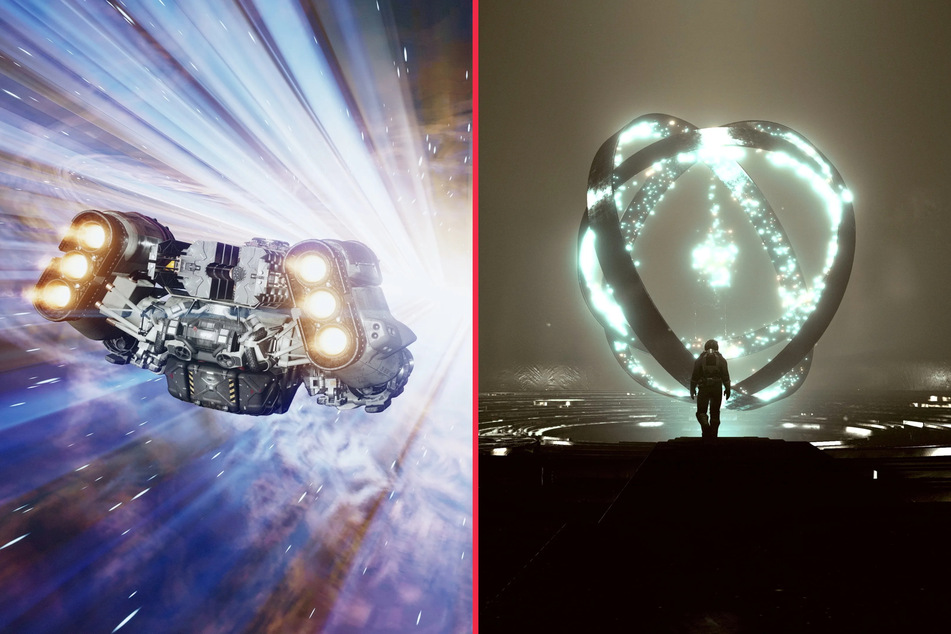
Five years ago we were greeted with a one-minute trailer that touted something extraordinary – and sparked a marketing campaign that misled millions upon millions of gamers.
Now, after more than half a decade of speculation and media sensationalism, Starfield is upon us and, let's be real, it's pretty great. Released last week, the RPG set in space is packed with content, stacked to the rafters with people to talk to, things to collect, and out-of-this-world bandits to fight.
The problem, though, is that Starfield has revealed something rotten in the state of the gaming industry. It's a not-so-hidden and not-so-secret problem that never seems to be solved, no matter how long we talk about it and how many times we've been burned.
Marketed with a great attention to detail, Starfield's success has been centered on two particular things: consistently misleading messaging and the cult personality that is game maker Bethesda's Todd Howard.
Starfield misled, but did not lie to fans
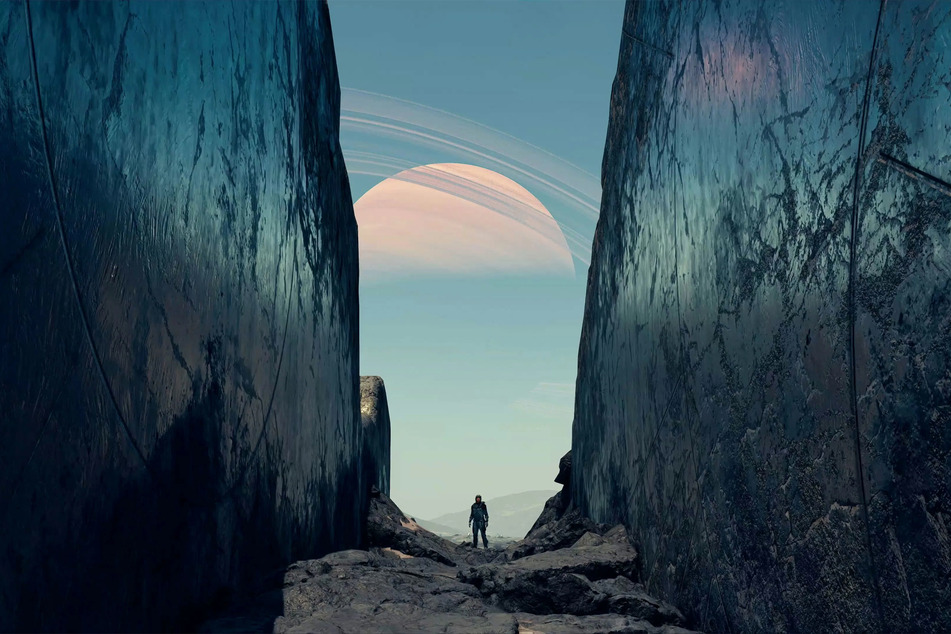
As recently as the Starfield Direct back in June, Bethesda Game Studio's director and executive producer Todd Howard said that despite the game being Bethesda's first new IP in over 25 years, it's "still a Bethesda RPG through and through." This is true, and is a piece of honesty that contrasts with the rest of the game's 45-minute deep dive that's packed full of exaggeration and has contributed to some gamers' disapointment with Starfield.
Indeed, the very next thing Howard says is that "you step into a new world and you get that feeling of unlimited possibilities" while playing the game.
What's fascinating here is that it's the perfect example of something that desperately needs to be said despite many users' feelings to the contrary: at no point in Starfield's murky marketing campaign did they actively lie to us.
If you think about it, you do step into a new world, and some people may get a feeling of "unlimited possibilities" – after all, it's a subjective experience. In fact, even Starlink's subsequent claim that "this time, it's not just one world, it's over a thousand worlds" is technically true.
The problem is that the implications don't line up with the reality gamers get. Sure, there was no lying involved, but the "exploration" that the Starfield marketing suggested we'd get wasn't the "exploration" that we actually found in the end. Luke Stephens put it perfectly when he described the game's worlds as little more than glorified "fishbowls."
You can "explore the galaxy," but only via a series of menus and procedurally generated 4-5 square mile blocks of land. Seeding works okay, but you cannot explore an entire planet and, indeed, can't even land in a tile adjacent to another you've placed unless you use console commands on PC.
Alanah Pearce revealed only days after Early Access began that you can technically fly to another planet, but it'll take hours upon hours and will end up just being a two-dimensional JPEG. Again, it not a lie per se, it's just... not very true and not very well done.
Starfield has a lot to offer, so it's a shame that its marketing went down the route that it did in over-promising and then not delivering. It's left fans wondering: if Bethesda had marketed the game like a more expansive version of The Outer Worlds, would people have been less disappointed?
Todd Howard is such a nice guy, and that's kind-of a problem
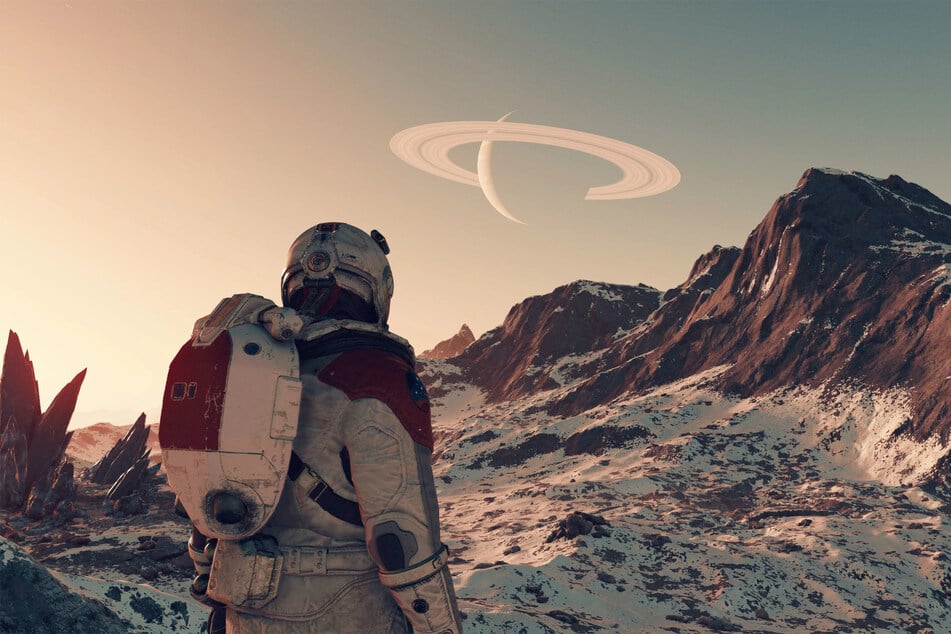
There's something insipid about the way that many gaming journalists and fans seem to dote over Todd Howard, and something a little bizarre. In the lead up to Starfield, it seemed that the nastiness around Fallout 76 had completely forgotten, replaced with a belief in everything he said.
While I love the guys over at Kinda Funny, their interview with him back in June is a perfect example. After Howard revealed that there are no land vehicles in Starfield, and makes a weak argument that instead players can "boost" everywhere, it's just brushed over, and the gang moves on.
There's no doubt that Howard is the creative mastermind behind many of the great games we love, from Fallout 3 to Skyrim, but he's not immune to misrepresenting things. Back before Fallout 3's launch, he claimed the game had 200 endings. Where those endings were when the game dropped is anyone's guess.
It is worrying that people like Howard can be the centerpiece of deceiving marketing campaigns like Starfield's. Only five years after Fallout 76 burnt us all, both the press and the gaming community ate up the same old tricks like oatmeal.
While Bethesda and Howard are responsible for getting gamers' hopes up, you can hardly blame them for spinning the hype cycle like they have – and it's arguably worked to their advantage. Starfield has performed well, despite not living up to the inflated expectations that were laid upon its shoulders.
When all is said and done, Starlink is a fun game and well worth your time - especially with it being free on Game Pass. We just all could do with using its hyped-up launch and final product as a learning experience, and apply a healthy dose of skepticism in the future.
Cover photo: Collage: Bethesda Softworks & ZeniMax Media

